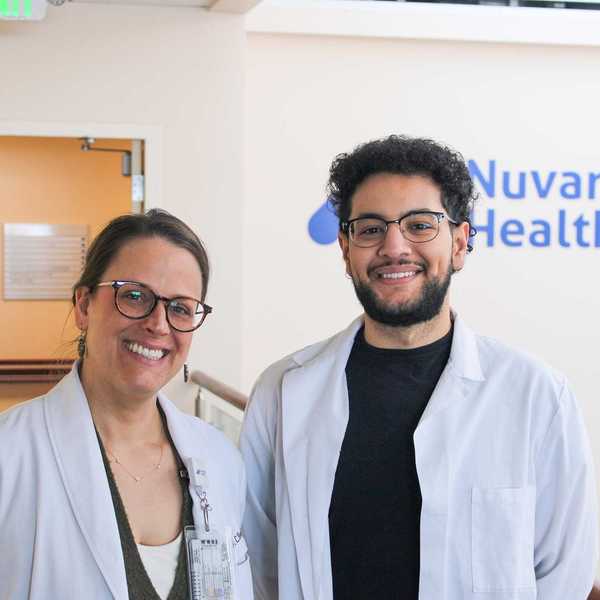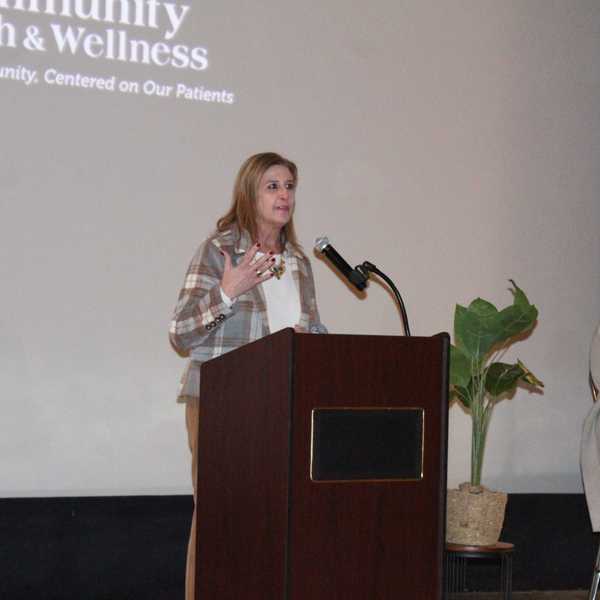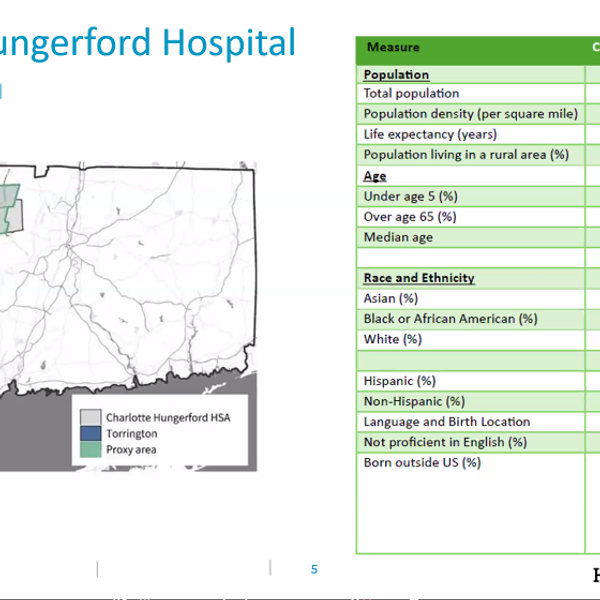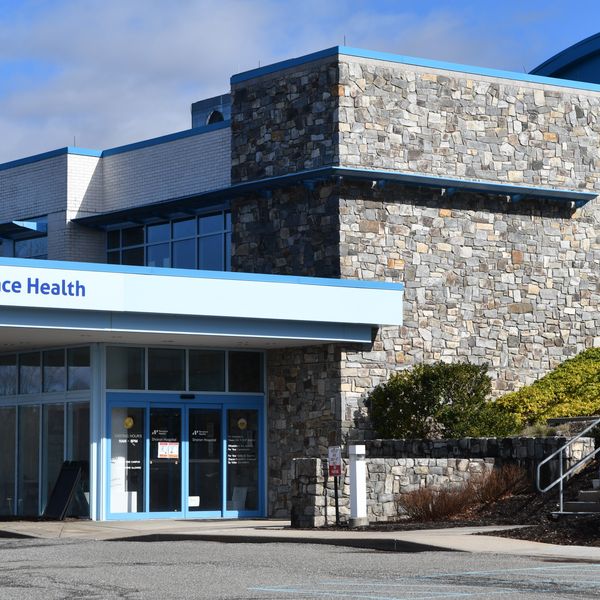Health center advocacy group launches legal action over ‘inadequate’ Medicaid reimbursement
“We want DSS to follow the Federal law and compensate us accordingly so we can continue to care for our most vulnerable populations, and we need that to happen now.”
—Joanne Borduas, chair, Community Health Center Association of Connecticut
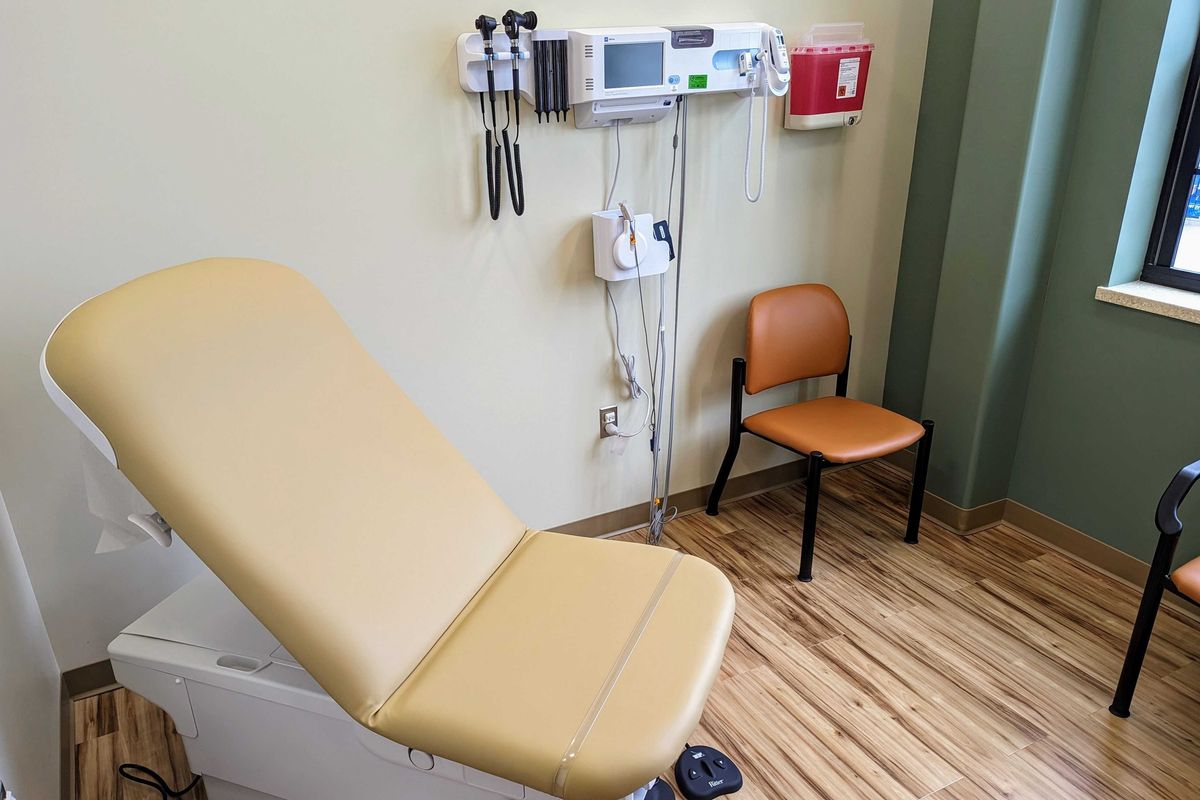
An exam room at Community Health and Wellness Center in North Canaan.
Photo by Riley Klein
